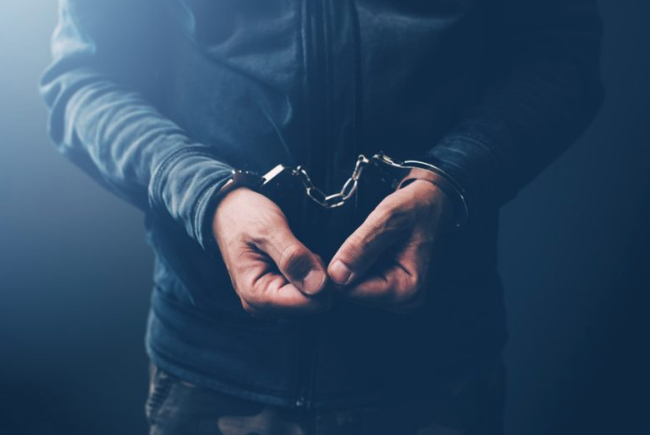- Home
- Attorneys
- DUI DWI
- Traffic
- Criminal
- Domestic
- Contact Us
- Blog

In Virginia, simple assault is a misdemeanor crime.
However, even misdemeanor assault can be severe, leading to jail time. Fortunately, there are defense strategies against assault charges.
But let’s start from the bases.
Under the Virginia penal law, assault and battery are not the same things even though the court punishes them under the same code section.
Assault is a threat intending to cause harm that puts the victim in reasonable fear of offensive touching, injure, or danger.
For an offense to be an assault, the victim must fear that the harm is coming immediately instead of some time later. Therefore, this offense is commonly charged as Simple Assault.
On the other hand, Virginia law defines battery as simple touching, whether willfully or in anger. Battery includes touching the victims by objects in motion, such as whips or the defendant’s dog.
Battery offense is different from assault in that battery involves physical contact, but assault doesn’t require actual touching.
However, accidental, non-reckless touching is not a battery. Therefore, this view makes accident contact a defense to this charge.
Apart from accidental contact, a battery charge might have the following as a defense strategy:
Regardless of how insulting a victim’s word does not justify battery without the alleged victim touching you first.
What’s more, a police officer might mistakenly refer to Battery as Simple Assault when drafting paperwork. While this might be incorrect, assault and battery are both codified and outlawed in the same code section and are punishable in the same way in Virginia.
Assault and Battery Penalties in Virginia
Assault with a gun is a Class 1 misdemeanor. But let’s break it down to further depth.
Brandishing is an assault by showing a firearm. For one to be convicted of brandishing, the government must prove that the accused pointed a gun at the victim to induce fear in the mind of the alleged victim.
A defense to brandishing is exercising justifiable self-defense.
But the Virginia court has ruled that a person may not brandish a deadly weapon solely in defense of personal property.
What’s more, brandishing a firearm near a school elevates the offense to a class 6 felony, punishable by up to 5 years in prison.
Virginia law considers reckless handling of firearms as a Class 1 misdemeanor. In addition, careless handling of a gun must endanger a person or property to qualify as a crime.
Even more, carelessly allowing children to access firearms is punishable as a Class 3 misdemeanor.
Anyone who commits an assault and battery or threatens a victim during the commission of a robbery is punishable with a 5-year mandatory minimum prison sentence
Virginia has a law to punish threats a person makes over the telephone call. The VA Code 18.2-427 punishes the use of profane, threatening, or incident language over public airways or by other methods as a Class 1 misdemeanor.
Putting a threat in writing or email is a Class 6 felony punishable for up to 5 years in prison when the accused makes a threat to kill or hurt a person or a member of their family.
Threatening someone in writing is much more severe than doing it in person.
If you find yourself accused of assault and battery in Virginia—whether misdemeanor assault, felony assault, or domestic assault—it is critical you start developing a defense, leveraging the assistance of an experienced DC defense lawyer.
Because if convicted of an assault in Manassas, VA, you face not only fines, jail terms, and probation but also a criminal record. You would need a professional on your side to defend you against the assault and battery charges facing you.
And Jad Sarsour is a terrific lawyer to handle your assault charge in Virginia. If you have a defense, a qualified assault and battery lawyer can subpoena witnesses to testify on your behalf, investigate the complaining witness, and file a motion to challenge the government’s evidence.
Contact Jad Sarsour today for a thorough consultation.
